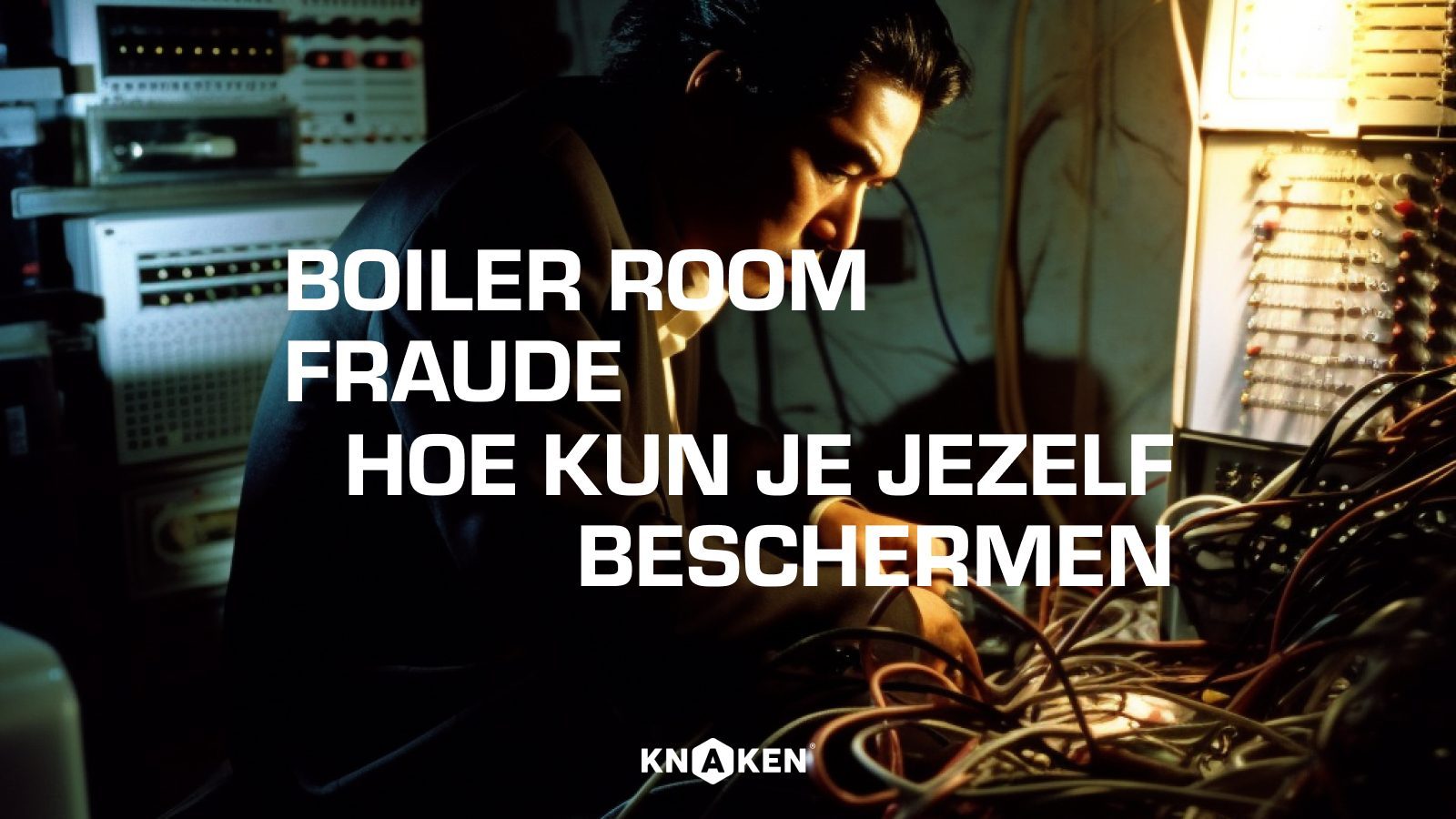

Boiler room fraud is becoming increasingly common and is a form of deception in which criminals typically contact investors via telephone sales or email to entice them to invest in stocks, bonds, commodities, or cryptocurrencies. The term ‘boiler room’ refers to the small, crowded spaces where fraudsters often operate to approach and pressure victims into investing in their fraudulent offerings.
Example of boiler room fraud scam website
The scammers often offer shares or other financial instruments that do not actually exist. They employ manipulative sales techniques to convince investors/victims to act quickly and transfer ever-larger sums of money. After the transaction, you can see the amount in the created account. Over time, the value of this amount also appears to increase significantly. However, the amounts that are presented are fabricated and not based on real prices. In reality, the money has long been siphoned off, and you will not see it returned to your account.
Large-scale example and additional warning
Another example of such a scam is the D.AI.SY app from the shady Endotech, which has managed to defraud many people worldwide. By frequently using buzzwords like forex trading, AI, and blockchain in combination with high returns, they try to lure investors. They also use a reward strategy (MLM) that encourages unaware victims to recruit new people. Many victims do not realize that they have actually become part of a pyramid scheme. Generally, people only find out that it is a large scam when they want to exit completely. This turns out not to be possible, and the money you invested is lost.
To make matters worse, there is a whole battery of new scammers ready when you realize that you are dealing with a scam. They promise to recover the amounts you are entitled to. However, over time you will have to make down payments for the services rendered, only to find out you are being scammed again. Once you are on the scammers’ radar (email and phone number), it is likely that you will continue to be approached. So, be especially vigilant if you have dealt with such a scam or fraud.
If you suspect fraud, contact the fraud helpdesk immediately.
How can you protect yourself against boiler room fraud?
1. Be vigilant: Be alert for unsolicited phone calls, emails, or letters inviting you to invest in stocks or other financial instruments. Be especially cautious if you are asked to act quickly or share confidential information.
2. Do your own research: Before deciding to invest, research the background of the company and the investments offered. Check whether the company is registered with the Financial Markets Authority (AFM) and if it has a license to operate in the offered financial instruments.
3. Be skeptical of offers that seem too good to be true: If an offer seems too good to be true, it probably is. Do not believe stories of quick wealth or unrealistically high returns. Legitimate investments are rarely risk-free, and returns cannot be guaranteed.
4. Never provide your personal or financial information: Never share your bank account or credit card details with someone you do not know and trust. Also, never give your personal identification number, such as your citizen service number (BSN), to anyone else.
5. Contact the AFM: If you have doubts about a particular investment offer or believe you have become a victim of boiler room fraud, contact the AFM. They can help you identify fraudulent offers and advise you on what to do next.
Boiler room fraud is a serious form of deception that can cause financial losses and emotional distress. Be vigilant and take the necessary precautions to protect yourself.
Contact the fraud helpdesk if you are a victim or wish to report (suspected) fraud.
https://www.fraudehelpdesk.nl/contact/



Knaken Cryptohandel B.V. has applied for a MiCA license from the Netherlands Authority for the Financial Markets (AFM). This application is currently being assessed by the AFM.
Investing in crypto-related products involves significant risks.















